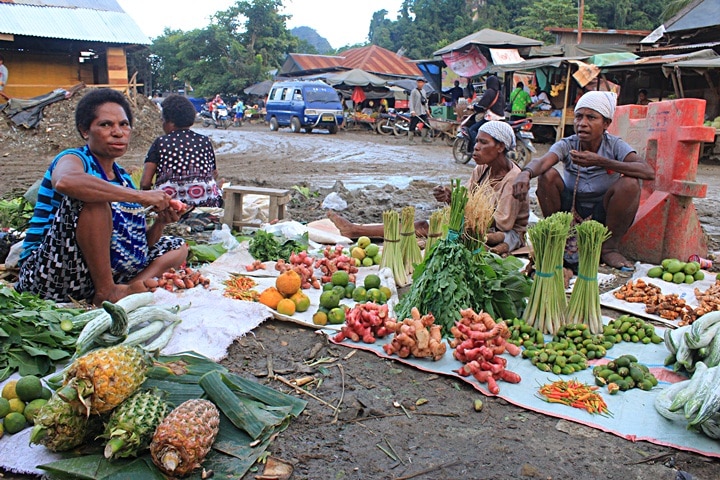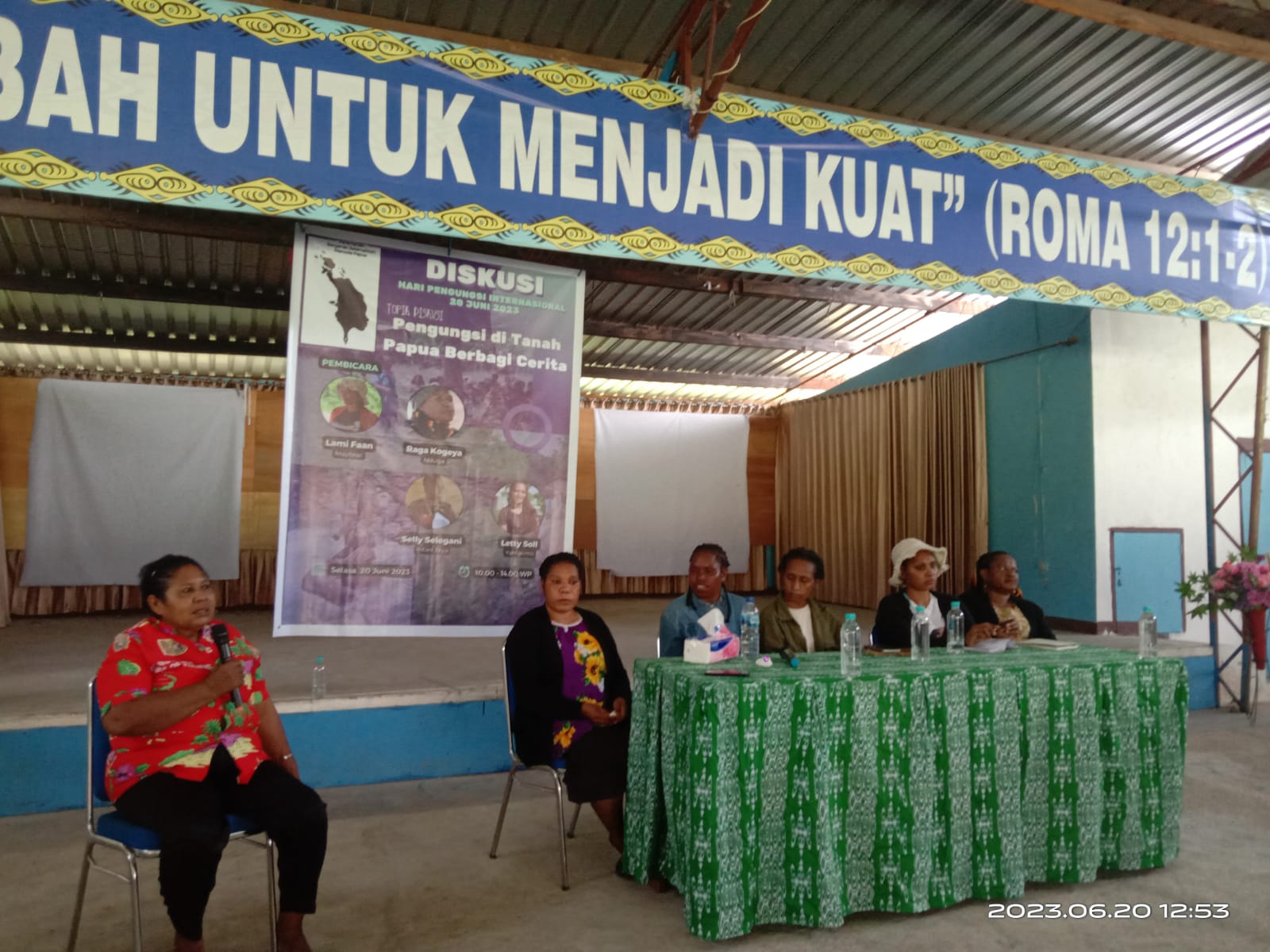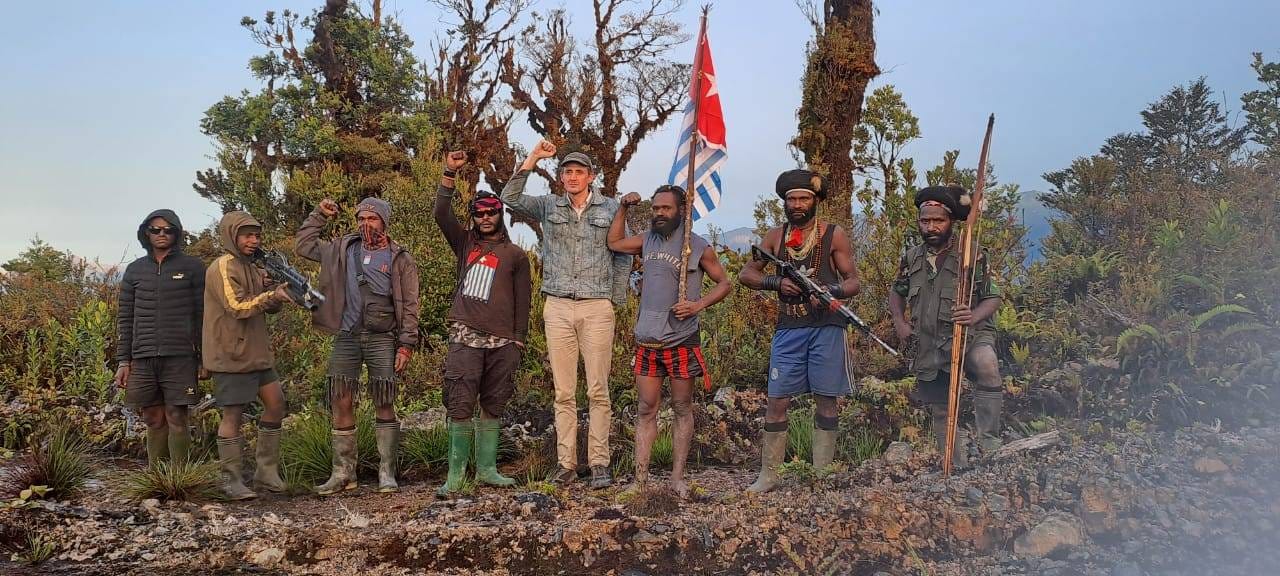
Jayapura, Jubi – Not many indigenous traders in Papua sells their agricultural produce. They mostly buy it from vegetable farmers at Youtefa traditional market before reselling it in other traditional markets in Jayapura City.
“It is approximately 70 per cent of Papuan women traders buy such agricultural produce at Youtefa traditional market,” said the Coordinator of Indigenous Papuan Traders Solidarity (SOLPAP) Frangky Warer on Thursday (10/18/2018) in Jayapura City, Papua.
Every day, the indigenous traders who are mostly women wake up early in the morning. They go to Yotefa traditional market at 3:00 a.m. to buy some produce.
“Then they sell it in different traditional markets until 9:00 a.m. and return home. After that, they come back to sell their goods at the traditional market in the afternoon starting from 5:00 p.m. to 11:00 p.m. So they only sleep about two to three hours and spend most of their time for trading,” explained Warer.
Furthermore, he said if there are those who sell their agricultural produce, it could be pineapple sellers because of about 90 per cent of indigenous traders in traditional markets in Jayapura City has pineapple fields that located in an area called Angkasa.
“However, they don’t sell the pineapples every day because it relies on the harvesting season,” he said.
This situation clearly shows that Papuans are not producers but distributors of good. “The fact is we Papuans consume more,” he said.
Therefore he suggests that all parties should pay serious attention to this issue, especially the local government. “The government need to provide cultivating lands for Papuans so that we can break the chain of dependence,” he said.
Meanwhile, the Head of Small and Medium Enterprise and Industry Office of Jayapura Municipal Government Robert L. N. Awi similarly said that Papuans currently only involved in selling. “Surprisingly, they don’t sell their daily food or necessities in the market,” he said.
He pointed out that not many indigenous Papuans now sell the betel nuts and sago in four traditional markets in Jayapura City, namely Yotefa, Hamadi, Tanjung Ria and Entrop traditional markets. “We can count them. Currently, those who sell those things are coming from other Indonesian regions,” he said.
This particular condition then leads the Papuan House of Representative to draft the special regulation on local food security and indigenous Papuan traders in which control the production and distribution of the local food.
“Those who have land must use it for cultivating or give it to others who want to produce. However, they should have a further agreement about profit sharing” said a parliament member John Gobai. (*)
Reporter: Benny Mawel
Editor: Pipit Maizier
















